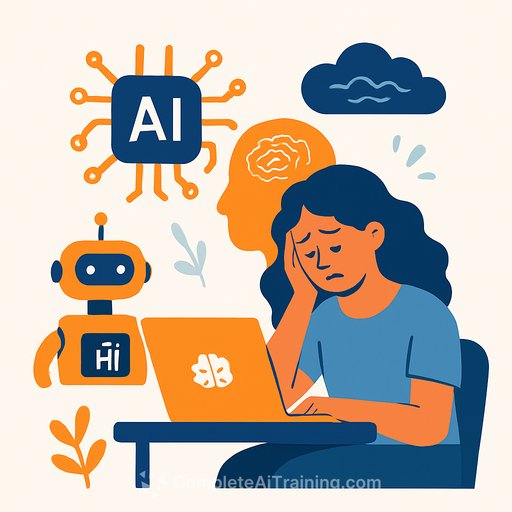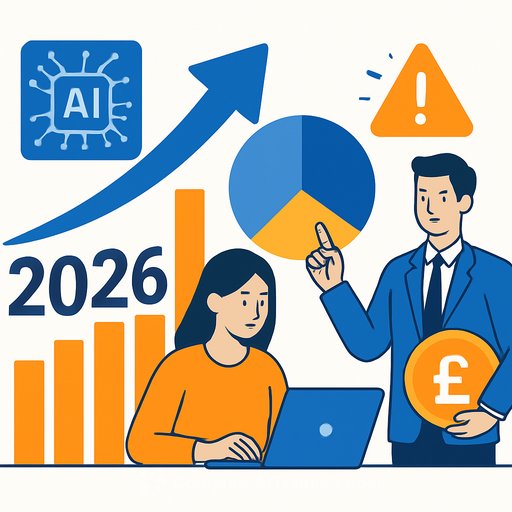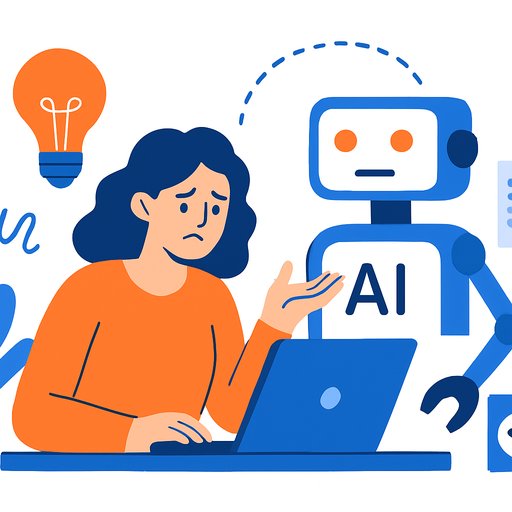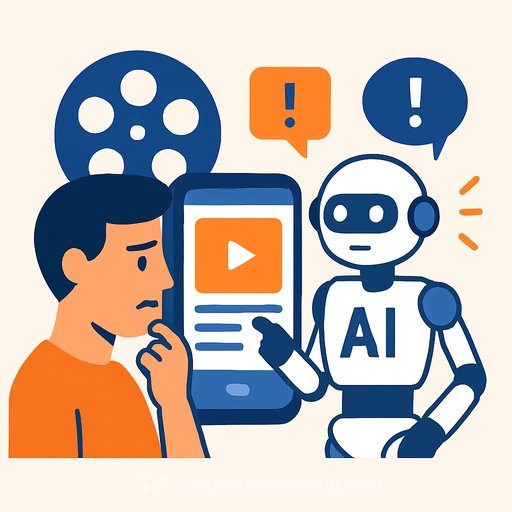Excessive AI Use May Hinder Creative Thinking, Experts Warn
Bhopal: The rise of Artificial Intelligence (AI) comes with concerns beyond technology—mental health experts are now questioning its impact on creativity, cognition, and trust. At a recent National Consultation on Adolescent Mental Health, Dr. Pratima Murthy, director of the National Institute of Mental Health and Neuro Sciences (NIMHANS) Bengaluru, highlighted a critical issue: AI’s tendency to “hallucinate” or fabricate information can be harmful.
Dr. Murthy warned that overreliance on generative AI tools could blunt creative thinking and reduce users’ ability to critically engage with content. She pointed out the dangers of AI-generated writing that invents facts on the fly, stressing the necessity for fact-checking and scrutiny when using AI outputs.
The ethical challenges are equally important. Dr. Murthy emphasized the need for responsible frameworks to guide AI interactions, considering the moral complexity surrounding digital systems. She also raised concerns about AI-generated visuals becoming increasingly surreal, blurring the lines between reality and fiction, which could have psychological and societal consequences.
Highlighting the decline in creative originality, Dr. Murthy shared her experience: “You ask AI to write poems—it’s great fun the first time, but then the second time you see it doing the same.” This repetition signals how dependence on AI might dull genuine creative effort.
Peer-Support Training Expanded for Adolescent Mental Health
The Union Ministry of Health and Family Welfare, in partnership with UNICEF and NIMHANS, launched “I Support My Friends” as an add-on training module within the RKSK programme. This initiative equips adolescents to spot emotional distress, offer peer support, and connect those in need to professional help.
The module uses the Look, Listen, Link framework combined with interactive tools to build empathy and resilience. At the consultation, leaders including Dr. Murthy, MP Deputy CM and Health Minister Rajendra Shukla, and UNICEF experts stressed the importance of youth-led mental health support and early intervention.
Discussions highlighted increasing challenges such as anxiety, depression, digital addiction, and academic stress. The initiative aims to create safe spaces, reduce stigma, and foster a community-driven approach to mental health. This marks progress toward a more inclusive system focused on prevention and empowerment.
Clear Boundaries Needed Between Use and Addiction
Dr. Murthy also highlighted the blurred lines between healthy technology use and addiction. Excessive screen time can shorten attention spans, impair memory, and worsen existing mental health conditions.
“We don't know where use ends and addiction begins,” she said, underscoring the difficulty in regulating screen exposure. Cases treated at NIMHANS’ SHUT Clinic reveal the cognitive risks of compulsive screen use and behavioral addictions, especially among adolescents.
Key Challenges and Insights for Mental Health
Mental health professionals paint a realistic picture of the challenges young people face in Madhya Pradesh and across India. Their strategy centers on reaching diverse groups and balancing technology’s role as both a tool and a challenge.
The approach combines data and field experience to respond effectively. Emphasizing community and school-based interventions, experts frame mental health as a social development issue rather than just a medical one.
State programs like TeleMANAS and Umang demonstrate government efforts to integrate mental health with education and employment support, targeting adolescents with unique struggles. Meanwhile, the SHUT Clinic at NIMHANS specializes in treating technology-related behavioral problems, highlighting how digital tools can both help and harm mental wellbeing.
For creatives looking to stay informed on AI's evolving role and its effects on thinking and mental health, exploring responsible AI use and its limitations is essential. To deepen your knowledge on AI tools and their impact, consider visiting Complete AI Training.
Your membership also unlocks:






